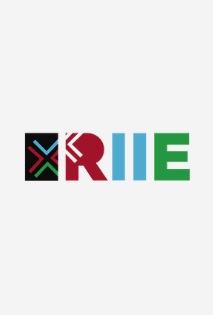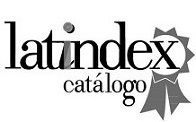Narrative research. Secondary education inclusive and school trajectories students with disabilities, disadvantaged educational process
DOI:
https://doi.org/10.30972/riie.8103656Keywords:
Pedagogical stories, Narrative biographical research, Collaborative construction, Universal learning design, Students with disabilitiesAbstract
In the last 10 years, a journey has been made from research projects. They have followed a thematic line exploring alternative educational experiences as proposals for the transformation of inclusive practices in secondary schools. These are meant for students with disabilities and / or disadvantaged educational process. Thus, we have focused our attention on the school narratives of the actors involved in the challenge of inclusive education. The essential purpose that we set ourselves is to develop strategies of collaborative research, and to share reflection with the intention of investigating practices that promote an educational and social change. In this framework, we try to denaturalize everyday conceptions that are rooted in the subjectivities of teachers and students. For this, we try to accompany the construction of work devices as support configurations to favor the school trajectory of any student. We will priorize, in this stage of our investigation, the voices of the students as subjects of the investigation, which are understood both collectively and individually. We will also accompany promoting an active participation in learning, building democratic alternatives in a framework of collective cooperative work. Our aim is to put into words what worries, disturbs them, recognizing the political dimension of our ways of living together in family, at school, in the streets. The voices will be incorporated from different strategies and resources. Since in the narrative methodology the investigacion does not depend on the collection of a single type of "data".
Downloads
Downloads
Published
How to Cite
Issue
Section
License
Aquellos autores/as que tengan publicaciones con esta revista, aceptan los términos siguientes:
- Los autores/as conservarán sus derechos de autor y garantizarán a la revista el derecho de primera publicación de su obra, el cuál estará simultáneamente sujeto a la Licencia de reconocimiento de Creative Commons que permite a terceros compartir la obra siempre que se indique su autor y su primera publicación esta revista.
- Los autores/as podrán adoptar otros acuerdos de licencia no exclusiva de distribución de la versión de la obra publicada (p. ej.: depositarla en un archivo telemático institucional o publicarla en un volumen monográfico) siempre que se indique la publicación inicial en esta revista.
- Se permite y recomienda a los autores/as difundir su obra a través de Internet (p. ej.: en archivos telemáticos institucionales o en su página web) antes y durante el proceso de envío, lo cual puede producir intercambios interesantes y aumentar las citas de la obra publicada. (Véase El efecto del acceso abierto).






.jpg)




